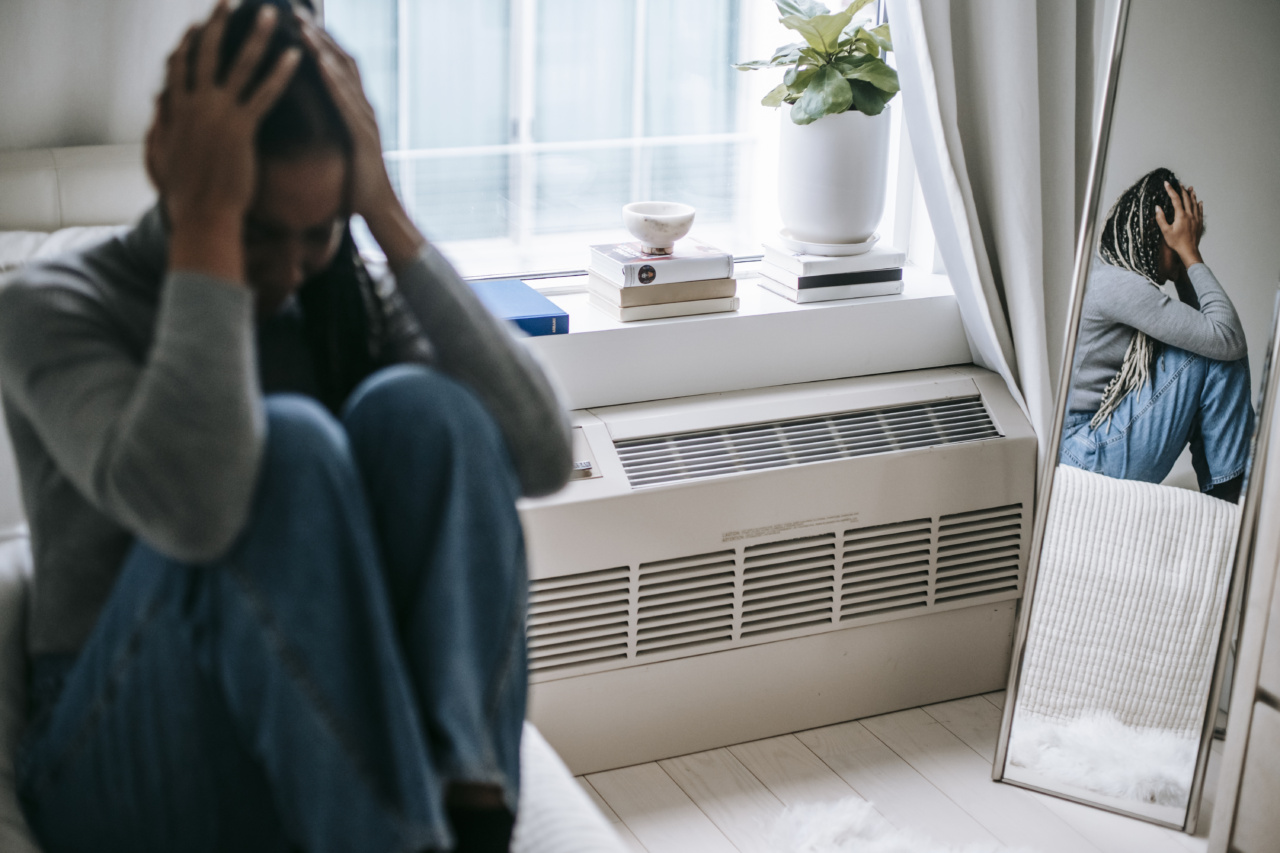Loneliness is a state of mind that can affect people of any age or gender. It is a feeling of being disconnected and isolated from others. There are many negative effects of loneliness on your body and mind.
In this article, we will explore some of the most common and serious effects of loneliness and offer some strategies for dealing with them.
What Is Loneliness?
Loneliness is not just the absence of other people or social interactions. It is a complex emotional state that can occur when people feel disconnected or isolated from others.
Loneliness can be caused by a variety of factors, including social, psychological, and environmental factors. Some people may feel lonely even when surrounded by others, while others may feel lonely when they are alone.
The Effects of Loneliness on Your Body and Mind
Loneliness can have a significant impact on both your physical health and mental health. Here are some of the most common and serious effects of loneliness:.
Increased Risk of Depression and Anxiety
Loneliness is strongly associated with depression and anxiety. People who feel lonely are more likely to experience symptoms of depression and anxiety such as hopelessness, irritability, and fatigue.
In addition, people who are lonely may be less likely to seek help for their depression or anxiety, which can make their symptoms worse.
Increased Risk of Heart Disease
Loneliness is also associated with an increased risk of heart disease. People who are lonely are more likely to have high blood pressure, which can increase their risk of heart attack and stroke.
In addition, loneliness can also lead to unhealthy behaviors that increase the risk of heart disease, such as a lack of physical activity, poor diet, and smoking.
Increased Risk of Cognitive Decline
Loneliness is also associated with an increased risk of cognitive decline. People who are lonely may experience difficulties with memory, attention, and decision-making.
In addition, loneliness may also increase the risk of dementia and Alzheimer’s disease in older adults.
Increased Risk of Substance Abuse
Loneliness can also increase the risk of substance abuse. People who are lonely may be more likely to use drugs or alcohol as a way of coping with their emotions.
In addition, loneliness can also increase the risk of addiction and other substance abuse disorders.
Increased Risk of Suicide
Loneliness is strongly associated with an increased risk of suicide. People who feel lonely and disconnected from others may feel hopeless and helpless, which can lead to thoughts of suicide.
In addition, people who are lonely may be less likely to seek help for their suicidal thoughts, which can make their situation more dangerous.
Poor Sleep Quality
Loneliness can also impact sleep quality. People who are lonely may have difficulty falling asleep or staying asleep. In addition, loneliness can also lead to daytime sleepiness and fatigue.
Poor Immune Function
Loneliness can also impact your immune function. People who are lonely may be more susceptible to infections and illnesses due to a weakened immune system.
In addition, loneliness can also slow down the healing process and increase the risk of chronic diseases.
Decreased Life Expectancy
Loneliness is associated with a decreased life expectancy. People who are lonely may have a higher risk of premature death due to the negative effects that loneliness has on both the body and mind.
Decreased Quality of Life
Loneliness can also have a significant impact on the quality of life. People who feel lonely may have difficulty enjoying social interactions and may feel disconnected from others.
In addition, loneliness can also lead to feelings of low self-esteem, worthlessness, and hopelessness.
How to Cope with Loneliness
If you are feeling lonely, there are several strategies that you can use to cope with your emotions:.
Reach Out to Others
Don’t be afraid to reach out to others if you are feeling lonely. Join a club or organization that interests you, volunteer in your community, or even just strike up a conversation with someone in line at the grocery store.
Practice Self-Care
Take care of yourself both physically and mentally. Exercise regularly, eat a healthy diet, and get enough sleep. In addition, take time to relax and participate in activities that you enjoy.
Consider Therapy
Therapy can be a useful tool for coping with loneliness. A therapist can help you explore your emotions and provide strategies for building strong social connections.
Use Technology
Technology can be a great tool for connecting with others, especially if you are unable to meet people in person. Use social media to stay in touch with friends and family, or join online communities based on your interests.
Reach Out to Professionals
If you are struggling with loneliness and feel like you need more support, reach out to professionals such as mental health professionals, doctors, or support groups for people who are experiencing loneliness.
Conclusion
Loneliness is a complex emotional state that can have serious effects on both your body and mind. Fortunately, there are many strategies that you can use to cope with loneliness and build strong social connections.
If you are struggling with loneliness or know someone who is, don’t hesitate to seek help.





























